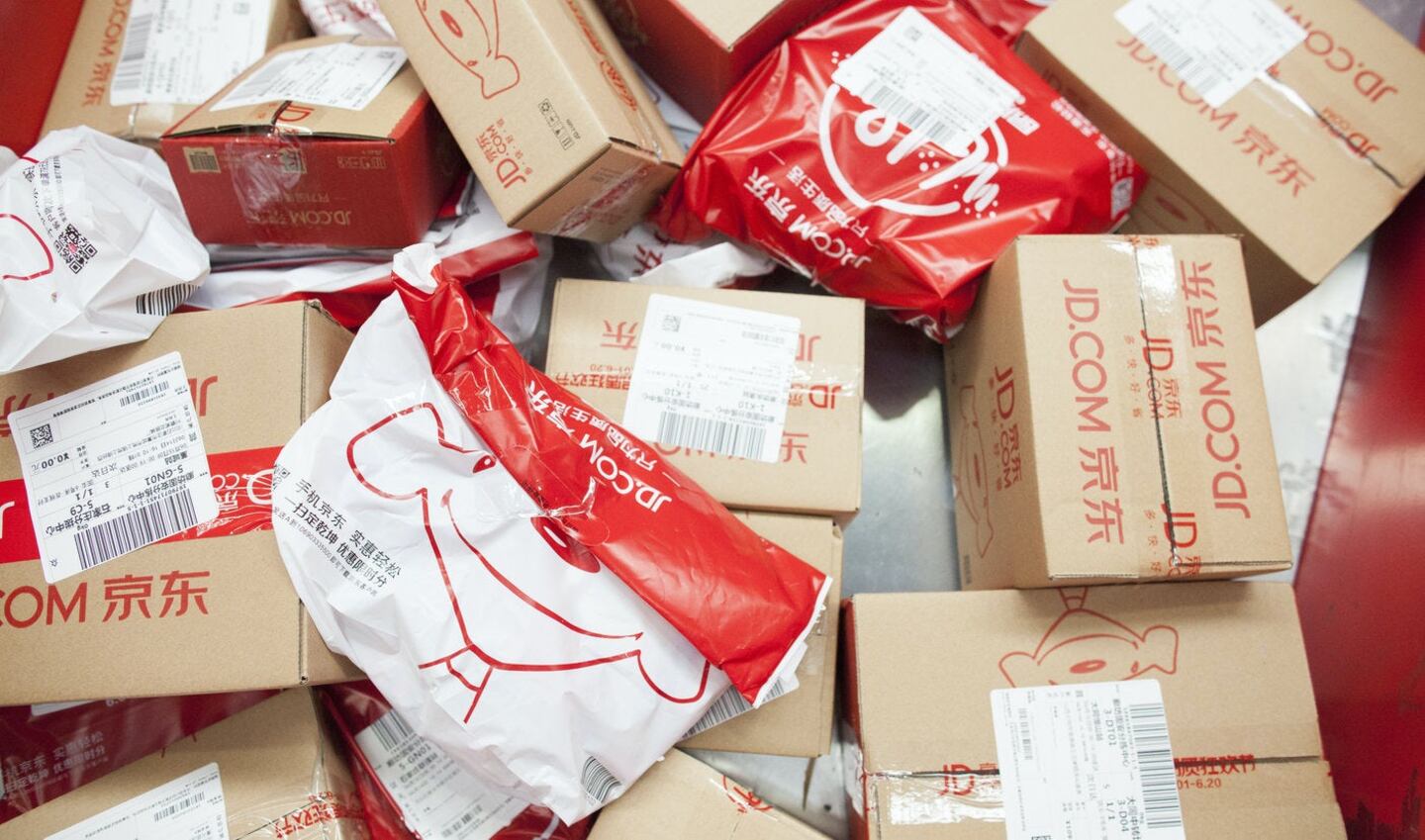
The Business of Fashion
Agenda-setting intelligence, analysis and advice for the global fashion community.

Agenda-setting intelligence, analysis and advice for the global fashion community.

SHANGHAI, China — Chinese e-commerce company JD.com has launched a store on Google Express, the online shopping site owned by the search engine of Alphabet.
The quiet launch marks the latest development in an ongoing tie-up between Alphabet and JD.com, as each aims to take on respective rivals Amazon and Alibaba Group Holding.
The site, called Joybuy, offers a range of simple consumer electronics like battery chargers, dashboard phone mounts, electric kettles. Most of the products listed in the store are priced under $100 (£75.9) and come from little-known brands.
"What we can share at this stage is that we are conducting test operations during this early phase," said a JD.com spokeswoman in an email.
ADVERTISEMENT
A Google spokesman declined to comment.
The store's launch comes after Google agreed to invest $550 million in JD.com in June 2018. That deal came after Google funded several small Chinese tech companies, most of which specialised in artificial intelligence. Google's search engine has been inaccessible from China since 2010, though the company maintains sales and engineering teams in the country.
The two companies also share several common partners in the United States and Asia. Both have invested in Go-Jek and Indonesian ride-hailing company. JD.com also received funding from Walmart, which until recently was one of several companies to operate online storefronts on Google Express.
Google launched Google Express in 2013 as an attempt to challenge Amazon, which competes with the search giant for advertising revenue.
JD.com has also competed against its rival Alibaba in China and abroad. Most of their overseas efforts have occurred in Southeast Asia, though both have made small inroads in the United States. On Monday, Alibaba announced it would team up with Florida-based Office Depot to launch a co-branded website aimed at American consumers.
By Josh Horwitz; editor: Christian Schmollinger.
With consumers tightening their belts in China, the battle between global fast fashion brands and local high street giants has intensified.
Investors are bracing for a steep slowdown in luxury sales when luxury companies report their first quarter results, reflecting lacklustre Chinese demand.
The French beauty giant’s two latest deals are part of a wider M&A push by global players to capture a larger slice of the China market, targeting buzzy high-end brands that offer products with distinctive Chinese elements.
Post-Covid spend by US tourists in Europe has surged past 2019 levels. Chinese travellers, by contrast, have largely favoured domestic and regional destinations like Hong Kong, Singapore and Japan.